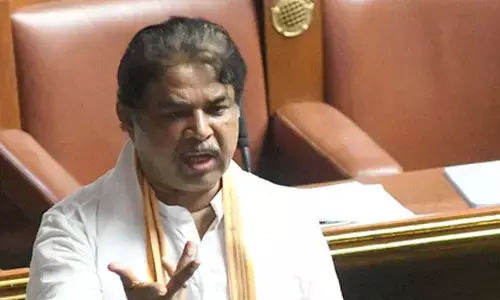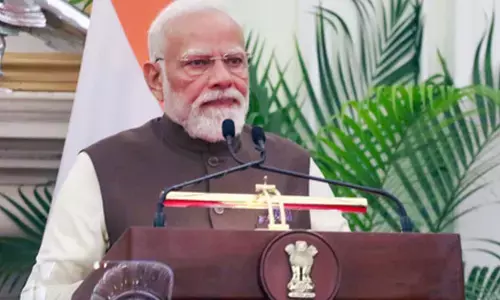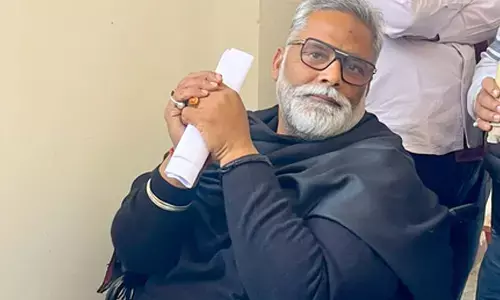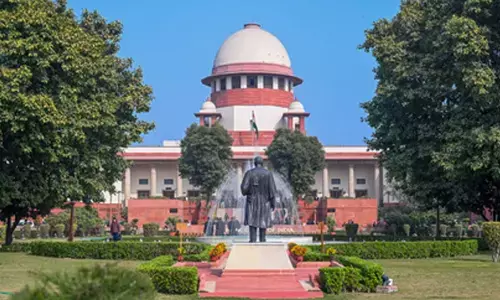Why secularism imperative in Bangladesh
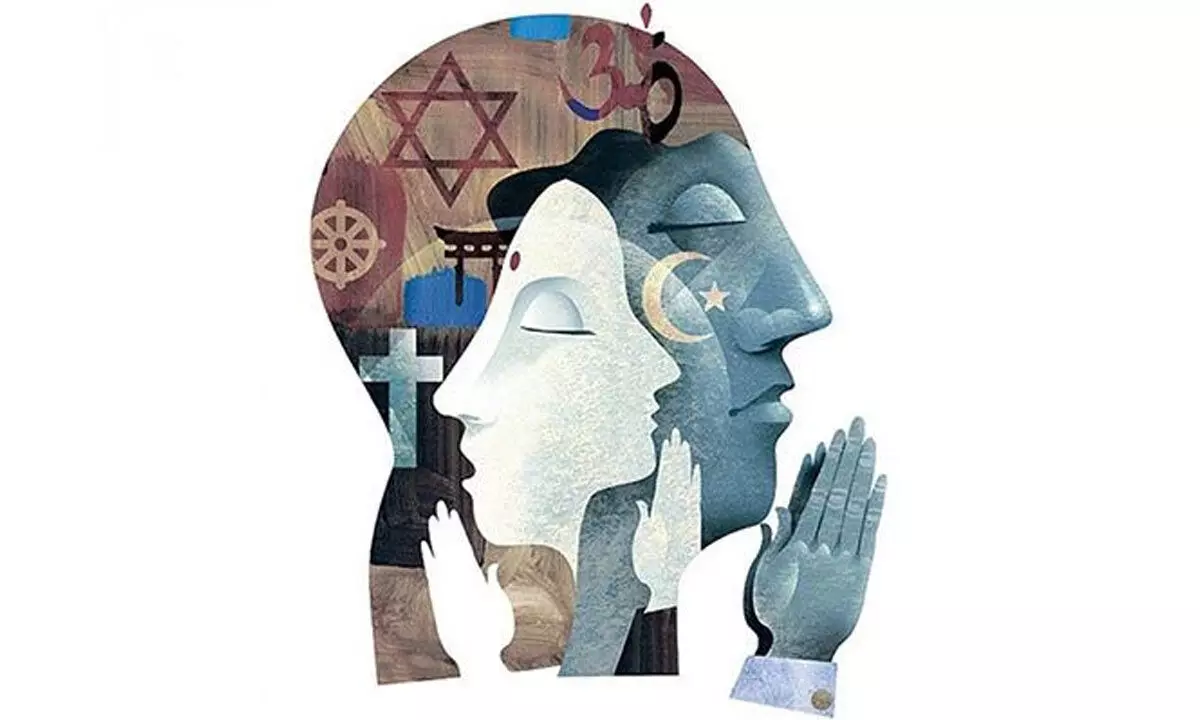
Why secularism imperative in Bangladesh
On March 7, 1971, the people of Bangladesh crossed the Rubicon
On March 7, 1971, the people of Bangladesh crossed the Rubicon. When Bangabandhu Sheikh Mujibur Rahman rose to address a million-strong crowd in Dhaka on the day, he was doing a whole lot more than simply informing his fellow Bengalis that the path to freedom lay open before them.
In essence, he was holding aloft the idea that his message of emancipation and national independence for Bangladesh, away from the stranglehold of Pakistan, was fundamentally a reassertion of Bengali cultural and political heritage. It was a principle resting on secularism, the conviction that Bangladesh had returned to being a home for people across the religious divide.
Fifty-two years on, Mujib's message of a secular Bangladesh calls for serious scrutiny, given that in the decades since his assassination political illiberalism in the form and shape of non-secularism has undermined the spirit of the country. The fact that the Awami League, the party through which Mujib initiated the movement for a secular polity, has been in power without interruption for the past fourteen years has made not much of a difference in a return of the country to secular nationhood.
For one thing, the imposition of Islam on the country as the religion of the state by the Ershad military regime in the 1980s is yet another measure to be done away with.
For all its huge majority in Parliament, the Awami League has remained stymied by the fear that any move toward dismantling the state structure as it was progressively cobbled into shape following the assassinations of 1975, first of Sheikh Mujibur Rahman and then of his colleagues who organised the War of Liberation in 1971, will upset the cart.
And yet within moments of Bangladesh's liberation in December 1971, the provisional government presiding over the armed struggle for freedom decreed a ban on four right-wing political parties which throughout 1971 had publicly and brazenly supported the Yahya Khan junta in its suppression of Bengali rights through military operations in the country.
In broad measure, though, the ban clamped on these parties was an early sign of Bangladesh's espousal of secularism as it started out on the road to independent existence as a nation-state. In other words, it was a fulfilment of the non-communal goals set in the mid-1960s by Sheikh Mujibur Rahman and his party, a reality that was now formally taking shape in light of the successful conclusion of the War of Liberation.
A weakness in Bangladesh's secularism in the past nearly five decades has been the abject failure of such secular parties as the Communist Party of Bangladesh (CPB), the National Awami Party of the late Professor Muzaffar Ahmed, the Workers Party and the various factions of the Jatiyo Samajtantrik Dal (JSD) to reorganise themselves and disseminate the message of secular politics to the country.
At the other end, outfits such as the Jamaat-e-Islami and other Islamist parties have remained active in propagating their politics across the country. Outfits such as the Hefazat-e-Islam have further caused dents in the secular edifice through their insistence on religion being a plank of national politics.
The virulence with which religious parties and organisations have regularly pounced on liberal principles has systematically eaten into the ideas which propelled the Bengali nation to war against a communal Pakistan in 1971.
As Bangladesh's people observe yet one more anniversary of that seminal moment in their history, it is for Bangladesh's liberal political classes and its intellectuals and cultural activists and youth to re-emphasise the message the country's founding father sent out to the world all those years ago. It was a message loud and clear – that Bangladesh is home to Muslims, Hindus, Christians, Buddhists, its multifarious ethnic groups and others, that its ethos is political secularism, that its goal of democracy driving the engine of its future will remain in jeopardy unless the spirit of 1971 is restored in totality.
Sheikh Mujibur Rahman pointed the road to the future back in March 1971. The present generation of Bangladesh's political leadership owes it to the country and to history to pick up his banner and climb back on to the road to that future.



